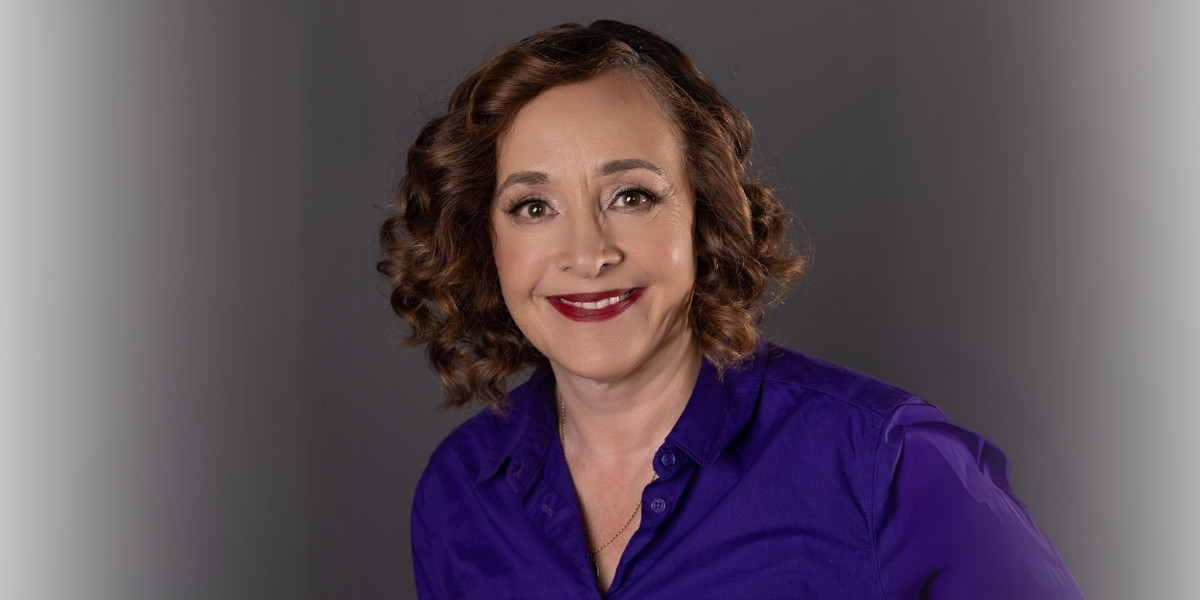By: Will Jones
Exploring Yildiz Sethi’s Emotional Mind Integration as a Different Approach to Personal Development
For many people, personal growth has meant doing all the “right” things. They’ve journaled, meditated, practiced forgiveness, engaged in self-reflection, visualized, and worked with coaches. They’ve explored life experiences, identified triggers, and developed a strong understanding of emotional awareness.
And yet, something still lingers. That quiet sense of being stuck. Those familiar reaction patterns. Not because they haven’t tried, but because some habits resist change. If you’ve been on a long personal development journey, you might know the feeling: you understand your challenges, but the breakthrough you’re looking for still feels out of reach.
Yildiz Sethi began asking an important question: what if the issue isn’t your readiness, but the approach to personal growth itself?
Through decades of experience in coaching and multiple personal development disciplines, Yildiz developed Emotional Mind Integration (EMI): a structured personal growth method designed to work with subconscious awareness through focused self-reflection rather than relying solely on talk-based approaches.
A Different Method
EMI focuses on subconscious awareness: the deeper levels of the mind where automatic responses and emotional memories are stored. The process involves guided self-reflection in a calm, focused state. Participants are led through seven steps aimed at exploring and reframing moments where current response patterns may have begun.
Unlike many traditional personal development approaches, EMI does not require lengthy storytelling, repeated revisiting of difficult experiences, or ongoing weekly sessions. Instead, it offers a direct, time-limited method that some participants have found more accessible.
This is a personal development workshop method, not a medical or psychological intervention. Individual experiences and outcomes vary significantly, and it is not a replacement for professional medical or mental health care.
How Participants Describe the Experience
Many people who explore EMI have already invested years in personal development or coaching work. For example, individual experiences have included:
A coach who had trained in numerous modalities found herself hesitating in moments of visibility. Through EMI, she explored potential roots of that response and worked on shifting her reaction patterns.
A high-performing executive, experienced in self-awareness work, found that EMI helped him access long-forgotten memories that seemed connected to his relationship patterns.
A workshop participant who had felt other methods were too abstract described EMI as a more structured, tangible experience.
These examples illustrate individual experiences and cannot predict results for others. They demonstrate how some individuals have found EMI to be a practical and focused approach to personal development.
Note: Individual results may vary significantly
The Developer’s Perspective
Yildiz, who comes from a multicultural background and holds training in various coaching and personal development modalities, designed EMI with a precise aim: to provide a structured process for exploring emotional response patterns through guided self-reflection.
Beyond her one-on-one coaching work, Yildiz also offers a training program for other coaches and wellness professionals. Personal development coaches and wellness practitioners from Australia, Europe, and Asia have completed her EMI training, applying the method in contexts ranging from life coaching to performance development.
Trainees learn to guide clients through emotional self-reflection processes and receive practical frameworks and supervision to ensure appropriate application of the method within personal development contexts.
Rethinking Personal Growth Timelines
Many people have been taught that profound personal change must take years, involve prolonged discomfort, and require constant effort. EMI offers an alternative perspective: that, in some cases, focused methods may help people explore response patterns differently.
It’s not about replacing all other approaches or claiming universal results. Instead, it’s about expanding options, giving you more choices if you feel you’ve reached a plateau in your personal development journey.
If you’ve been wondering whether your personal growth work has stalled, it might be worth exploring different approaches. Emotional Mind Integration is one such option: structured, designed for individual development contexts, and aimed at exploring response patterns rather than only managing day-to-day challenges.
Disclaimer: EMI is not a substitute for professional medical or psychological diagnosis, treatment, or therapy. If you are experiencing significant mental health concerns, please seek guidance from a qualified healthcare provider.
Disclaimer: The Emotional Mind Integration (EMI) method described in this article is not a substitute for professional medical or psychological diagnosis, treatment, or therapy. Individual experiences with EMI may vary, and results are not guaranteed. If you are experiencing significant mental health concerns, please seek guidance from a qualified healthcare provider. The information provided here is for informational purposes only and is not intended to diagnose, treat, or cure any medical or psychological condition.









